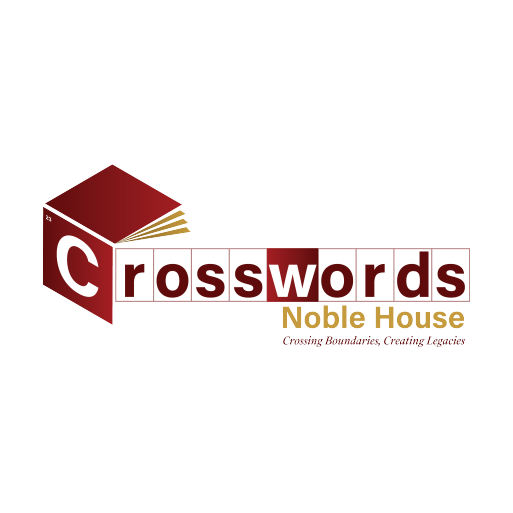
Best Way to Write a Book: Exploring the Art of Writing
Embarking on the journey of writing a book is both a thrilling and daunting endeavor. Aspiring authors often find themselves grappling with a myriad…

Launching a book is an exciting and pivotal moment for any author. It marks the culmination of months or even years of hard work and dedication. A book launch event is not just an opportunity to celebrate this achievement but also a strategic way to generate buzz, connect with readers, and boost sales. A well-executed book launch can significantly impact initial sales. The buzz generated during the event often translates into increased visibility and purchases.
A book launch event is a gathering organized to celebrate the release of a new book. It serves as a platform for authors to connect with their audience, showcase their work, and build excitement around their literary creation. These events can take various forms, from intimate gatherings at local bookstores to larger-scale affairs in event venues.
A typical book launch event involves a mix of activities, such as book signings, author readings, Q&A sessions, and networking opportunities. The atmosphere is often festive, with decorations that reflect the book's theme, and attendees may include friends, family, fellow authors, local media, and book enthusiasts eager to meet the author, purchase signed copies, and engage in discussions about the book.
When planning a book launch event, here are some things you should think about ahead of time.
Define Your Goals: Clearly outline what you hope to achieve with the event – whether it's increasing book sales, building a local fanbase, or generating media coverage.
Selecting a Date and Time: Choose a date and time that maximizes attendance like weekends or evenings. Consider factors such as competing events, seasons, holidays, and local community activities to leverage existing community engagement. Schedule your event close to your book's release date to capitalize on the initial excitement.
Choose the Right Venue: Select a venue that aligns with the tone and scale of your book. Ensure it has adequate space for attendees and accommodates any multimedia elements you plan to incorporate.
Remember, the choice of venue should align with the genre and themes of the book, creating an immersive experience for attendees. Here are a few hypothetical examples:
For Romance Genre: A charming independent bookstore or a local coffee shop with a romantic ambiance. Soft lighting, floral decorations, and perhaps even a live acoustic performance can enhance the romantic atmosphere.
For Fantasy/Sci-Fi Genre: A quirky bookstore with a futuristic or otherworldly theme, or a space-themed venue. Virtual reality displays or interactive sci-fi installations could add an element of immersion to the event.
Historical Fiction Genre: A historical site, museum, or a venue with vintage decor that complements the time period of the book. Incorporating historical artifacts or period-appropriate music can transport attendees to the setting of the novel.
For Children’s Books: Consider collaborating with local schools, libraries, or bookstores to attract a larger audience. If the weather allows, an outdoor venue like a park with a designated storytelling stage could provide a delightful setting. The goal is to create an environment that captures the imagination of children and fosters a love for reading.
For Non-fiction/Self-help: A community center or seminar hall with a focus on comfortable seating and a setup conducive to discussions. Workshops or talks related to the book's themes can add value to the event.
Promotion and Marketing: Develop a comprehensive marketing plan that includes social media promotion, local press releases, and collaborations with influencers and book clubs.
Invitations and RSVPs: Send out invitations well in advance and encourage RSVPs to estimate attendance. This helps in planning logistics such as seating, catering, and book orders.
Create a Welcoming Atmosphere. Decorate the venue to reflect the book's theme. You may also consider providing refreshments, creating a cozy reading corner, and offering bookmarks or other promotional materials. Plan a brief author presentation that includes a reading, insights into the writing process, and a Q&A session. This personal connection enhances the reader's experience. Ensure a smooth process for book sales and signings. Coordinate with local booksellers or bring your own copies to sell. It is also a good idea to prepare personalized messages for readers and most importantly, engage with the audience. Encourage interaction through activities like book-themed games, discussions, or a social media hashtag for attendees to share their experiences.
Organizing a successful book launch event requires careful planning, creativity, and a deep understanding of your audience. By following this guide and considering the advantages and disadvantages, you can create an unforgettable experience that not only celebrates your book but also establishes meaningful connections with your readers and the local literary community. Good luck with your book launch!

Embarking on the journey of writing a book is both a thrilling and daunting endeavor. Aspiring authors often find themselves grappling with a myriad…

Rejection is an inevitable part of life, and it can often be a challenging and discouraging experience. However, by adopting certain strategies, you can…

Creating memorable characters is a crucial element in fiction writing. It is important to craft characters that readers can connect with and care about. Using…

We aim to transform the publishing landscape and support diverse voices that deserve recognition.
Copyright © 2023 Crosswords Noble House All Rights Reserved.